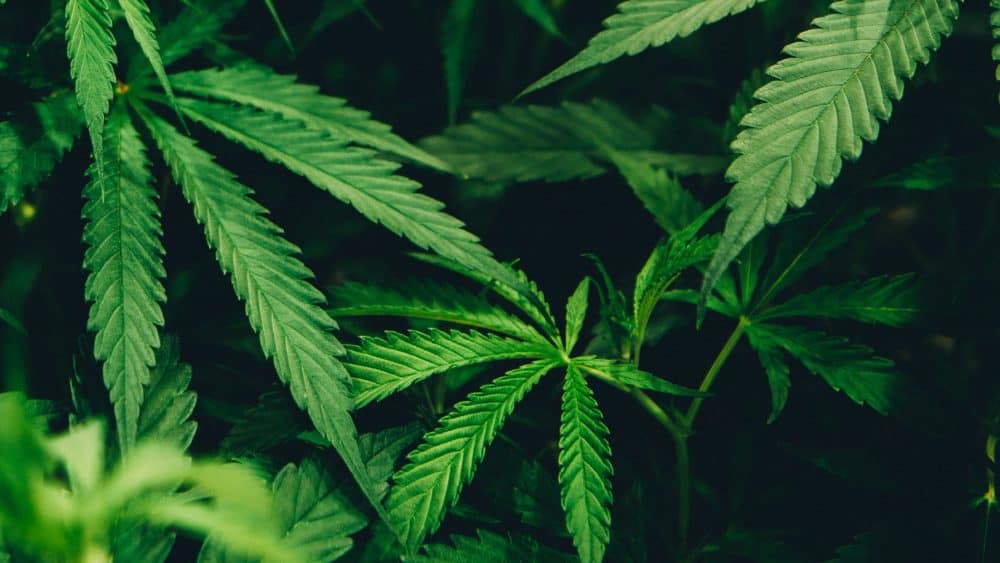[ad_1]
As
a career prosecutor and former attorney general of California, I saw
firsthand how counterproductive marijuana laws exacerbated the problem
of mass incarceration in my state and in
our country — leading to the
disproportionate criminalization of black and brown people in particular.
The fact is, marijuana laws have not been enforced in the same way for all people.
Data show that a person of color is much more likely than a white
person to be arrested for marijuana possession, despite evidence that
Americans use marijuana at nearly the same rate, regardless of race.
As public opinion of marijuana
shifts toward legalization, it’s time we do the smart thing — the
right thing — and ensure any marijuana reform legislation we put on the
table adequately addresses the harm caused by the failed drug policies
of the past.
To protect states like California that have
legalized or decriminalized marijuana in recent years, we must act
at the federal level to ensure that the US Department of Justice does
not encroach to enforce laws that voters and elected officials in those
states have decided are unjust and unfair. Additionally,
we have to make sure that widespread reform is felt by the communities
most harmed by the so-called war on drugs.
Last week, the House of Representatives
passed the Secure and Fair Enforcement (SAFE) Banking Act. While its
passage is a promising step forward in allowing legal marijuana
businesses to access basic banking services — it is not enough. That is
why I am proposing we do more than simply remove
barriers to financial services. We should get smart on marijuana
reform.
I have introduced,
along with House Judiciary Chairman Jerry Nadler, the
Marijuana Opportunity Reinvestment and Expungement Act, one of the most comprehensive marijuana reform bills ever introduced in the US Congress.
First,
the bill acknowledges that legalization is only one part of the
solution. In addition to legalizing marijuana at the federal level by
removing it from the
Controlled Substances Act, our bill goes further to add measures to
correct the historical injustices of failed drug policies that have
disproportionately impacted communities of color and low-income
communities.
Second,
in keeping with our belief that times have changed and marijuana should
not rise to a criminal offense, we must make sure individuals with
criminal records that stem from marijuana-related
offenses are able to get on with their lives. Too often, people are
barred from jobs, educational opportunities and housing due to their
marijuana record. That is why this bill requires federal courts to
conduct resentencing hearings and expunge nonviolent
marijuana-related convictions. It would also protect Americans from
being denied federal benefits based on their use or possession of
marijuana or prior conviction for a marijuana offense.
Third, my proposal would deliver economic justice to affected communities. The marijuana business is one of the
fastest growing money-making industries in today’s economy, and individuals and communities disproportionately criminalized by the enforcement of marijuana laws
should be first in line to benefit from today’s legal marijuana
industry. Our bill would authorize a 5% sales tax on marijuana and
marijuana products to create new grant programs specifically designed to
support businesses owned by socially and economically
disadvantaged individuals entering the legal marijuana industry. It
would also provide funding for programs to help minimize barriers to
marijuana licensing and employment.
We
must ensure that as marijuana becomes a bigger business, we are
committing ourselves to rebuilding communities that have been
disproportionately targeted by failed drug policies and
creating a diverse industry going forward. If we fail to address a
system that has historically been infected by racial bias, communities
of color will continue to shoulder the devastating impacts of the past.
Times
have changed. We must get smart on marijuana reform and give everyone
the opportunity to reap the benefits that come from the legal marijuana
industry.
Sen. Kamala Harris (D-California), is her state’s junior senator and a candidate for her party’s 2020 presidential nomination.
[ad_2]
Source link

